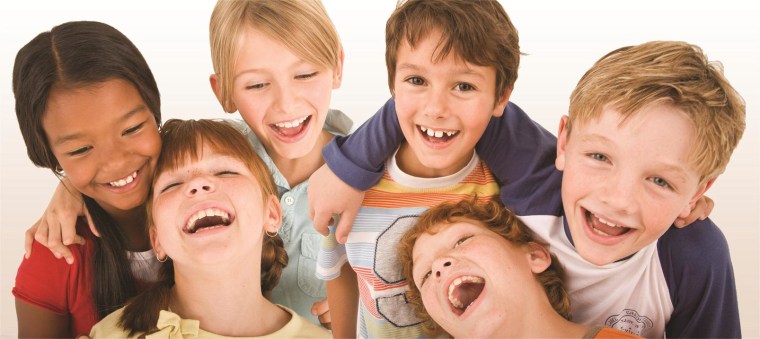At Highlights magazine, we receive tens of thousands of messages from kids every year. Following the tradition of the magazine founders, I, along with my staff of editors, respond to every single one of them. These letters and e-mails cover about every subject you can imagine, but, most often, kids write to us about the challenges of peer relationships. Hundreds and hundreds of their letters are about bullying or teasing. Many of them talk about their pain or sorrow at being teased or treated unkindly.
The topic of kindness came up in our recent annual State of the Kid survey released last month. In this survey, we poll our mostly elementary-aged magazine readers about what it’s like to be a child today. This year, one of the questions we asked was, “Is it more important to be kind or honest?” While honesty was the more popular choice overall (63.6%), the importance of kindness increased as children grew older (with 41% of older kids choosing kindness vs. 34% of younger children). This data aligns with what we learned last year when we asked kids, “If everyone in the world would listen to you for one day, what would you want to say to them?” The top answer (30% of responses) was “be kind to one another.”
Clearly, kids value kindness. Yet, stories about bullying in our schools make headlines almost daily. In one of our reader surveys, 61% of kids said they have been victims of bullying, with 14% saying they have bullied others.
If kindness is important to kids, why is there so much bullying?
Our readers’ letters tell us that kids have a difficult time putting kindness into practice. When kids write to us, they often look for help in identifying kind and unkind behavior, and they ask for advice on how to respond to unkindness and even how to demonstrate kindness. As much as we are able in our letters, we urge them to think of others before they act or speak, to take ownership of their actions, and to strive to be good citizens at home and in their communities.
While we feel fortunate to provide advice to children directly, we also recognize that the adults in kids’ lives—parents, grandparents, and educators—play a critical role in helping them learn how to treat others with kindness and respect. We applaud good character education in schools, as kids learn best in caring, peaceful environments. And, we think it may behoove adults to pay close attention to the many and varied places from which kids are receiving anti-social images and messages—which may range from TV and movies to video games and song lyrics.
But, hands down, the best way to promote caring behaviors in our children is to model them. When, in the middle of a harried day, we are patient with the trainee clerk who takes 30 minutes to check out our groceries, our children “hear” our kindness more than they ever will a lecture. One consistent finding of our State of the Kid survey is that kids are closely watching the adults in their lives, and that many essential life lessons and skills are “caught” as much as they are taught. When we behave charitably, show empathy, and work to accept differences, we are engaging in the best kind of teaching.
What is the best way to gauge our effectiveness? It’s by showing children the kindness of listening to them. To truly listen to children—to actively listen—is not just to hear children. It is to be fully in the moment, all eyes and ears, trying to find meaning in what our kids are saying, or perhaps not saying. When kids realize we’re listening, they inevitably reveal more. Our relationships grow deeper and stronger—and we teach kids volumes about what it means to try to understand the thoughts and feelings of others, which is, of course, the very foundation of kindness.
